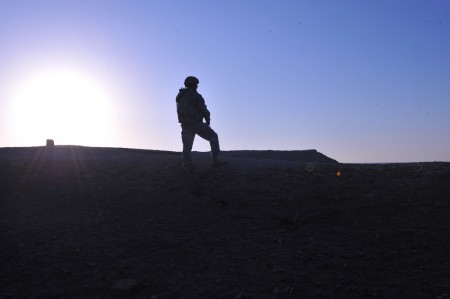
On 3 October, Brazilians will go to the polls to elect a new president and parliament. This weeks the ISN examines what impact the elections will have on the country’s growing regional, and increasingly global, reach – and how a new president can emerge from the long shadow of Lula da Silva’s popularity to built a legacy all her own.
This ISN Special Report contains the following content:
- An Analysis by Eliot Brockner about how the next president can begin to fill Lula da Silva’s ‘big shoes’.
- A Podcast interview with Paulo Sotero Marques about Lula da Silva’s domestic and foreign policy legacy.
- Security Watch articles covering the spectrum of Brazil’s regional and international relations.
- Publications housed in our Digital Library, including a monograph from the Strategic Studies Institute of the US Army War College on the ‘Dilemma of Brazilian Grand Strategy’.
- Primary Resources, like the full-text of the May 2010 joint declaration by Iran, Turkey and Brazil on the non-proliferation of nuclear weapons.
- Links to relevant websites, such as the Washington, DC-based Center for Public Integrity’s website that presents the results of an investigative journalism project on the climate change lobby in eight countries, including Brazil.
- Our IR Directory, featuring Brazil’s Ministry of External Relations.




